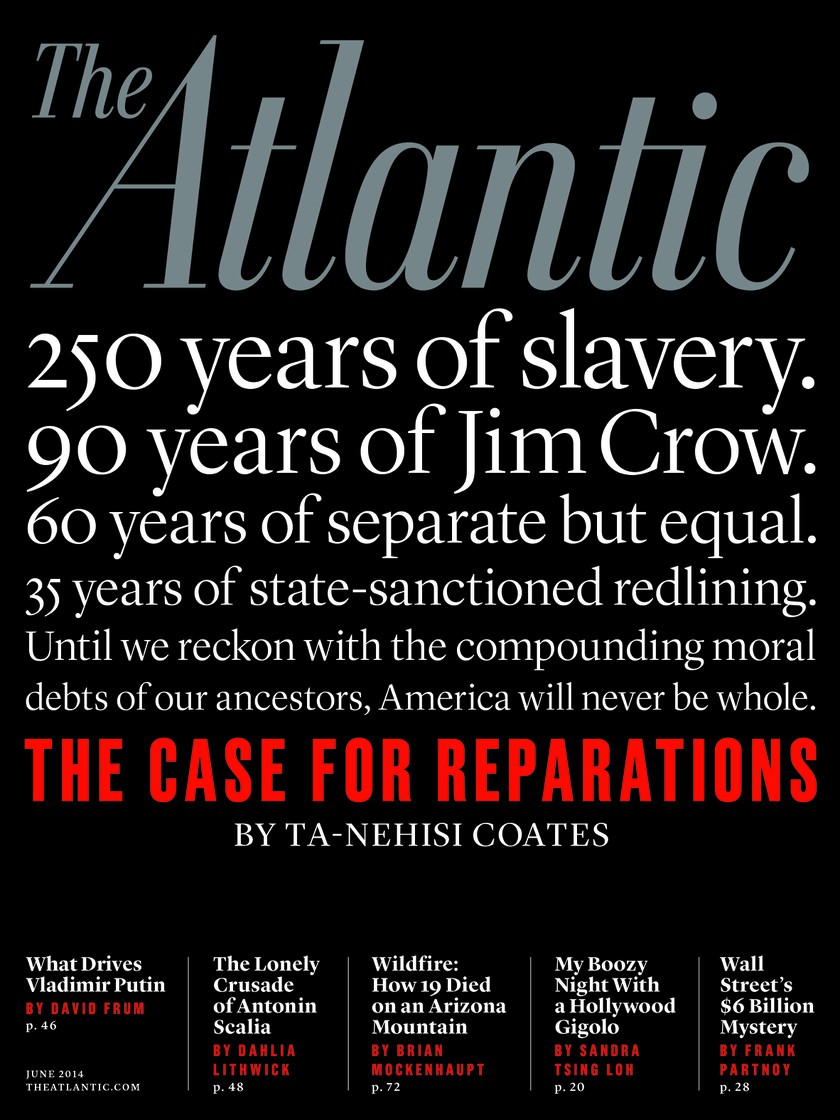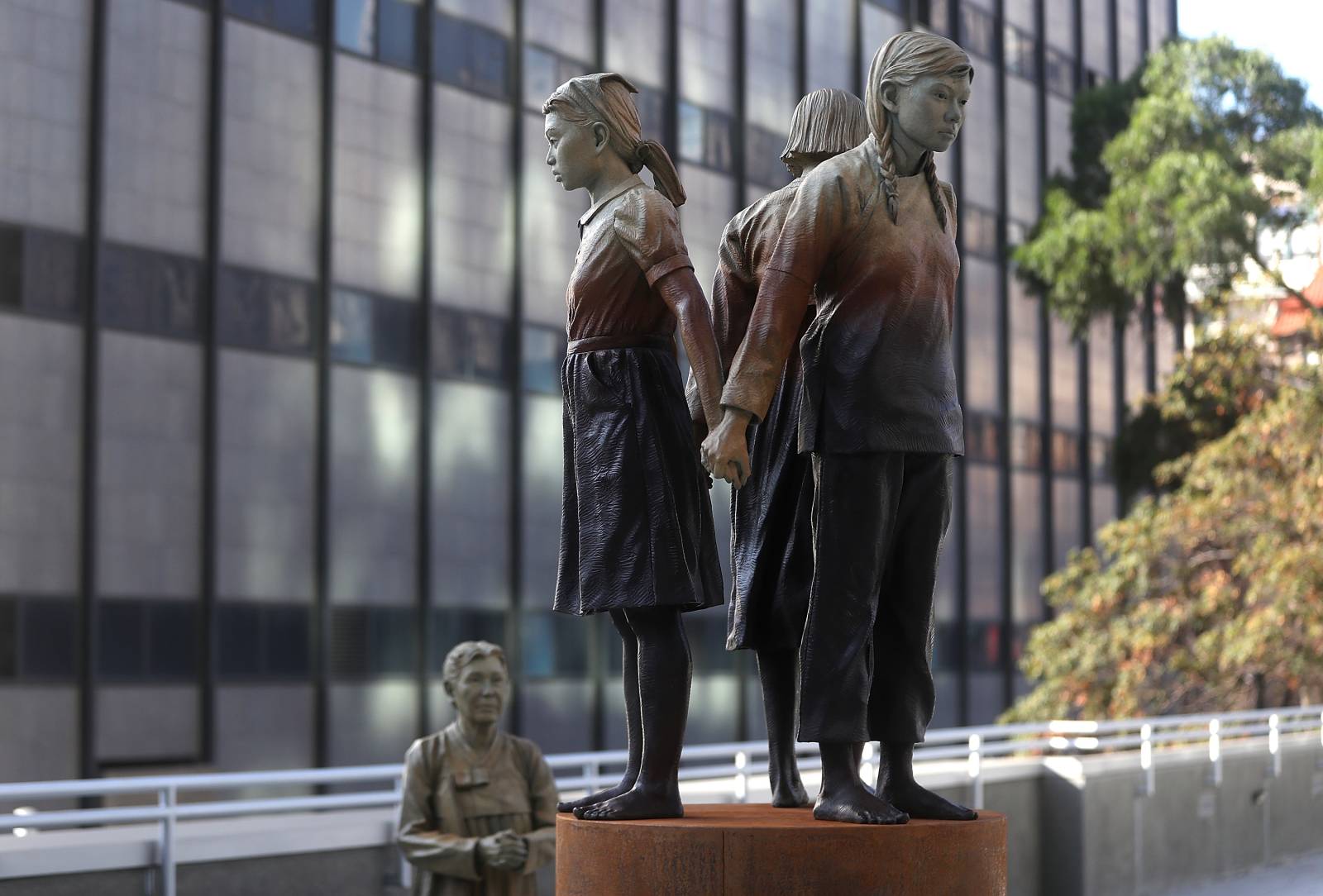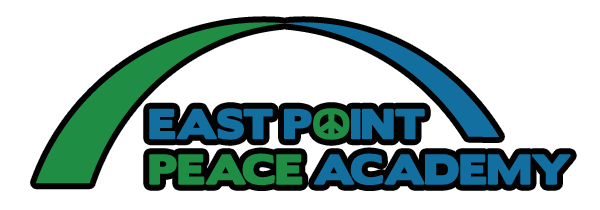 |
As part of the core commitment for membership in the Yet To Be Named Network, each person is asked to do a "reparations self-audit," a pretty comprehensive and introspective audit about our personal finances, our family and ancestral access (or lack thereof) to wealth, our family and ancestors relationship to slavery or colonization and much more. All of this is to be shared openly with members of our Network team so that each member as well as the team as a whole can make a concrete commitment to engaging in the flow of reparations - either by redistributing money/land, requesting and receiving it, or by facilitating the transfer of those resources to BIPOC communities.
While the conversation about reparations in the US can often happen in a Black/White binary, this process has made me realize the incredible complexity that exists in the conversation about reparations. Reparations, at the end of the day, is a process of repairing harm. So many communities have been harmed by generations of state violence, and there is so much repair that needs to be done.
In the US context, it makes sense that a lot of this conversation does take place in a Black/White framework. This is largely because it has been generations of powerful organizing by Black communities that have continued to push this issue. The enslavement of African peoples, one of the founding sins of this land, is a legacy that remains to be acknowledged and healed and reparations is a huge, critical component of that process.
At the same time, each community has a different relationship to historical legacies of harm. For example, as a Japanese person, what should my relationship to reparations be? Am I to simply sit on the sidelines?
Executive Order 9066, signed by FDR in 1942, led to the internment of over 100,000 Japanese Americans. But in 1988, survivors who were still alive received a formal apology from the government as well as a total of $1.6 billion ($20,000 to each survivor) in reparations. It wasn't enough. Among many issues, money does little to help people recover from the trauma that they had to endure, many families lost land and property they will never get back, and it does not acknowledge that such trauma can be passed down to future generations. But it was something.
As a non-white person, do I request reparations from the Network's Internal Reparations Fund? Or as a person of relative privilege (both as an individual who makes a stable income as well as acknowledging the positionally of Japanese people), do I "give" reparations to Black and Indigenous communities?
Further, as a first generation immigrant from Japan, what is my responsibility in helping to repair the harm caused by Japan's history of colonization and imperialism? What is my responsibility to the Buraku community (the "untouchables" of Japan), the Ryukyuan people (people from the islands now knows as Okinawa) or the Ainu people (Japan's Indigenous peoples)? How about to Chinese and Korean communities living in Japan, never-mind their homelands and other nations colonized by Japan? What of the legacies of the Rape of Nanking or of so-called "Comfort Women?"
 |
Recent conversations I have been having about reparations within the YTBN Network has helped me to understand that reparations - as one strategy for bringing about repair - should be happening at both the personal and systemic levels.
The United Nations five-step framework for reparations, which came to me through the Movement for Black Lives' excellent resource (Reparations Now Toolkit), gave me a much more concrete and comprehensive understanding of what reparations could look like on a systemic level. It's not just about paying money and moving on. It is about committing to a process of repair, redress, healing, ownership, education and ensuring that it never happens again.
The reparations self-audit gave me a much more concrete understanding about the relationship that I personally want to play in the movement of resources for the purpose of repair.
As the Network continues to build and to grow, I am excited to see how we can organize campaigns to call for reparations at a systemic level. However that will take time, and I've already gained some important insights about my own personal practice of reparations, so I wanted to share some of them here.
My Own Commitment
This year, I will make $65,000 in salary from my work at East Point Peace Academy. I'll probably make a bit more than that with some income coming in from book sales. It's a bit vulnerable to write that in a public forum, in a culture where we're not supposed to talk about our money. But East Point has always had a commitment to financial transparency, and I want to begin to extend that to my personal life as well.
This amount is new for me. Until last year, I was making $45,000 a year, which is about the most I've ever made. Taking that large of a raise, to be honest, filled me with feelings of shame and guilt. Like, I don't deserve this much. I've always prided myself on the fact that I get by on relatively little. But I also came to realize that this is also ego. It's an attachment to a self-image of myself as a scrappy activist that doesn't make a lot of money. East Point is blessed to be in abundance right now, and I also know that while $65,000 continue to feel like A LOT to me and it is a lot to a lot of people, it is also about the starting salary for many nonprofit jobs in the Bay Area. The Gift Economy only works when there is selfless giving, and grateful acceptance. So while I'm still uncomfortable with this new reality, I am trying to accept it and be grateful. In a strange way, naming my salary publicly is helping my body settle.
Given my new income, all of my privileges and the commitments I feel to be in right relationship not only with Black and Indigenous communities here in the US but also with communities impacted by Japan's legacy, I wanted to challenge myself to redistribute an amount that would be meaningful and would feel like a stretch for me.
So I've settled on trying to redistribute 7.8% of my income this year, which comes out to just over $5,000. It's still not a lot, and as I continue to live into this experiment, I want to challenge myself to redistribute even more next year. The 7.8 number is meaningful to me because it represents the 78 members of the Indian independence movement that launched and led the Salt March. Their commitment - many of them living and practicing together for 15 years before that moment, has always been a source of inspiration to me.
As of today, I have redistributed $945.
Tracking & Accountability
I'm a "9" on the enneagram, in case that means anything to you. I recently learned that as a 9, I thrive when I have supportive systems and structures around, but in the absence of those structures I fall apart. This deeply resonates with me, so I've created some systems to hold me accountable to my commitments.
First, I borrowed a practice from my friend and Network teammate Morgan Curtis, who for years has been doing incredible work around reparations and healing for herself and as a mentor/teacher/coach/consultant to others. I began tracking my reparations on a google spreadsheet.
I was shocked at how much of a difference this simple practice made! When I started it just two weeks ago and tried to remember all the reparations I had made since January, I was surprised to see that I had already redistributed close to $800 already. With or without the tracking, that money was already going out there. But seeing it allowed me a chance to celebrate it. It made me happy. It gave me joy, as the person who "gave" that money out.
It's made me a more generous person. Now, each time I redistribute my money, I get to add it to my spreadsheet and see the amount grow. It's almost like a game, where I'm playing against myself, challenging myself to be as generous as I can be.
In addition to the spreadsheet, my Network team will continue to be a source of support. I plan to give updates on my reparations commitment on a regular basis on our weekly team calls - a place where I know everyone else is experimenting themselves with reparations in a similar way.
We will also be tracking our collective reparations - how much money was redistributed, received or facilitated as a team. We have had conversations internally about how we as a team want to support Black and Indigenous people within our own team (we are a mixed team) and also in our broader community, so I am looking forward to having those opportunities as well.
Reparations as Spiritual Practice
Tracking my reparations in a spreadsheet has brought fun into this practice in a way that I didn't anticipate, but I also quickly realized a potential danger in that. In some ways, the fact that there's a "game" quality to it is helpful, as giving should always be done in a way that brings joy to all sides. At the same time, there was a way that I was cheapening my own experience with it.
At the end of the day, reparations is not a game. And it is also not charity. For the person redistributing their income, it is about acknowledging that their income or wealth comes out of a legacy of violence. It is about understanding that the wealth of this country is stolen - made possible by the genocide of Indigenous people and the robbery of their land, and the enslavement of African people and the robbery of their bodies and labor. As the Network makes clear, it is not about "giving," it is about "returning" or "redistributing" stolen resources as an attempt to heal a great harm.
I worked 10 years in philanthropy, working at a small public foundation that awarded grants to smaller grassroots organizations working for justice. During those years, I worked with a lot of groups who had great integrity around who they would and would not accept money from. At the same time, I always felt odd in those circumstances because as a middle-man that served to bridge some of the country's elites to small grassroots organizations that those wealthy people may never hear about, it sometimes felt like we were laundering money.
Groups may feel great that they were getting a grant from a small foundation dedicated to social justice. But a lot of our donors made their money the way most elites accumulated their wealth - through plunder.
While I no longer work in philanthropy, I still work for a nonprofit organization that relies on support from other people, including foundations. Yes, we are committed to living in the Gift Economy and we don't spend a lot of time fundraising and have made explicit commitments about not working with most foundations. We only work with foundations with whom we feel like we are deeply and truly aligned. But even those foundations get their money from some of the wealthiest people in the country. Which means that the income I earn from East Point come from stolen resources.
It's impossible to wash our hands of the ugly legacy of how wealth was accumulated in this country. Making steps towards repair and healing from such a legacy is not light work. If we do not do it with some depth of spiritual practice (however you want to define that word), we simply may not be able to reach the depth of healing this nation requires.
So I've been balancing. Trying to honor the joy of seeing resources get redistributed, hoping that even my little contributions can bring joy, rest or healing to somebody or some community. At the same time, doing so solemnly, and with mourning and a sense of atonement.
Within the Network we see the word atonement as at-one-ment. To be one.
Since the 1600s, the word "atonement" has been a word focused on the person who committed a harm. It was about them taking action to repair the harm that they caused. Prior to that, it had a Christian theological meaning, to "atone" and become one with God again through the sacrifice made by Jesus Christ. But even before that, prior to the 1500s, "atonement" meant the "condition of being at one with others." At-One-Ment.
How I have come to interpret that is that every time I participate in the redistribution of resources, I am mourning the massive human delusion that we are not one with each other, and making acts to move back into one-ness. That me "giving" any of my resources away is not a sacrifice or goodwill on my part. If we are truly one with each other, it is not me as an individual giving something out of charity to another separate individual. It is one small part of humanity moving resources to another part of humanity that is in need. It is about acknowledging that another part of myself is hurting, and has been hurting for centuries.
So now, every time I write a check, hit "donate" on a website or hit "send" on my Venmo, I try to pause. I try to be aware of the great depths of suffering that I am attempting to bring healing to. I am trying to hold the paradox that the money that gets sent may contribute to someone's healing, but it is still part of a system of racial capitalism that has destroyed this planet and contributed to slaughter. I try to mourn. Because I know that even this is so far from being "enough."
This is An Experiment
I don't really know what I'm doing. The support and the practices of the Yet To Be Named Network have been crucial. And I have some sense of what my heart is telling me. I'm just gently pulling the thread that's tied to that calling in my heart, and seeing what emerges. Seeing where it takes me.
I'm excited to continue down this path, to see what other practices I pick up, what other systems I find to be helpful, what other frameworks I realize I need to learn and embody. Already I've learned so much.
A lot of the learning has been about realizing what I don't know. I don't know enough of my ancestry and family history to know about our relationship with, say the Japanese Imperial Army during WWII. And I realize that I need to work even harder on healing and strengthening relationship with my own family for me to even begin to have those conversations with them (funny, turns out that to contribute to healing out there, I need to heal with my own family first).
I also found out that Japanese civil society does not work the same way as it is here in the US, with organizations set up to accept online donations. So I've had to rely on some personal relationships to find ways that I can support marginalized communities in my own homeland. (HUGE shoutout to Miho Kim for being such an amazing resource, teacher, friend and thought partner on this!!!)
Through some of these conversations, I've also decided that I want to begin to engage in conversations with other Japanese people here in the US and abroad about how we repair our own legacies of harm. What does reparations and atonement look like for us? How do we contribute to healing from the harms that our people have caused? (If you're Japanese and want to talk about this, hit me up!!!)
I still have more questions than I have answers, and I suppose that may always be the case. But as the Network has also taught me, there are so many questions that will only be answered through practice and experimentation. There's no way we're going to sit in a room and think our way to racial healing. At some point, we have to see if our hearts can point us in a general direction and start moving.
I look forward to continuing to see where this direction takes me.








Reactions
Sign in with
Facebook Twitter